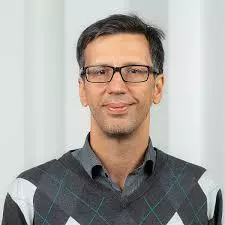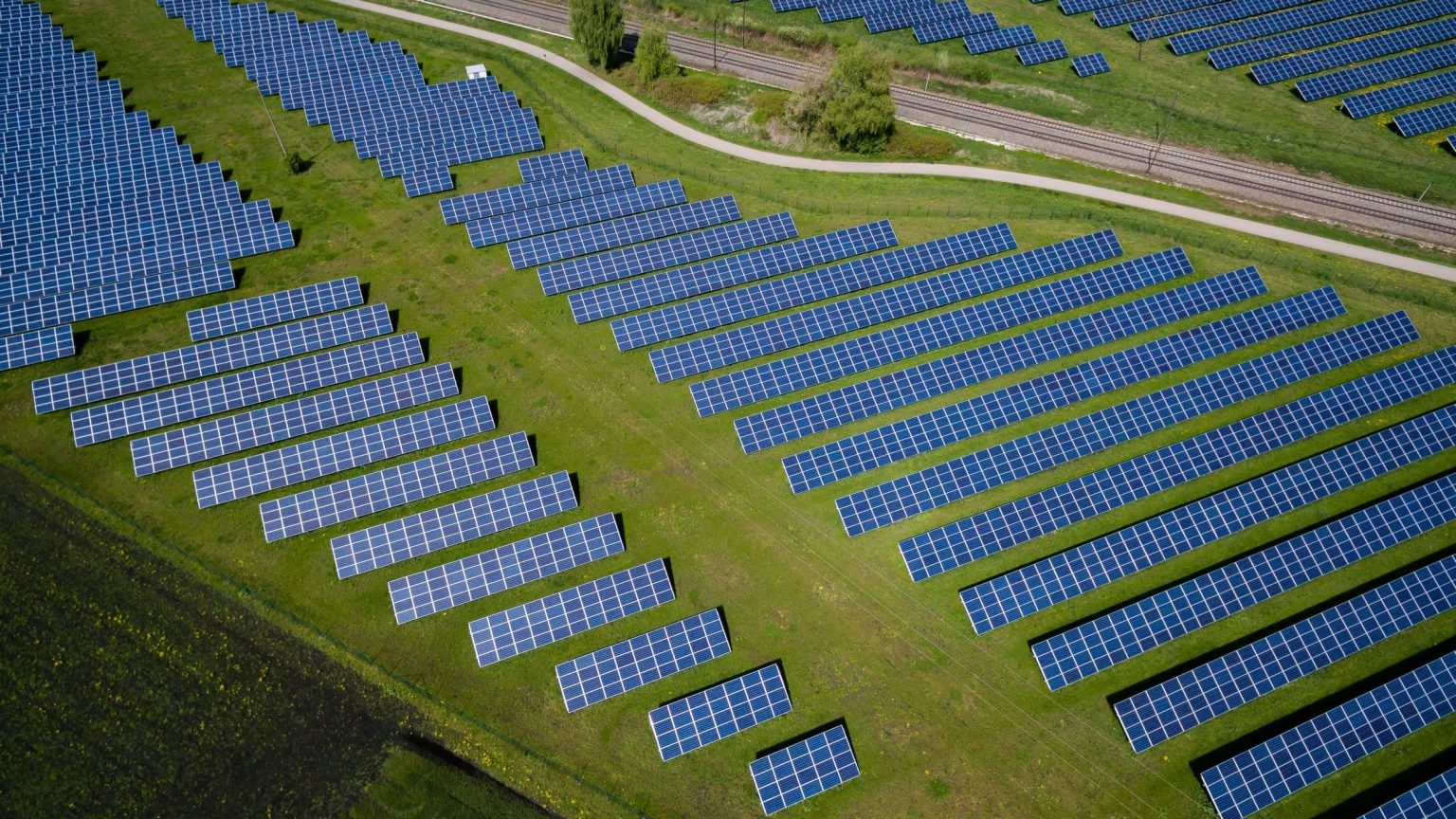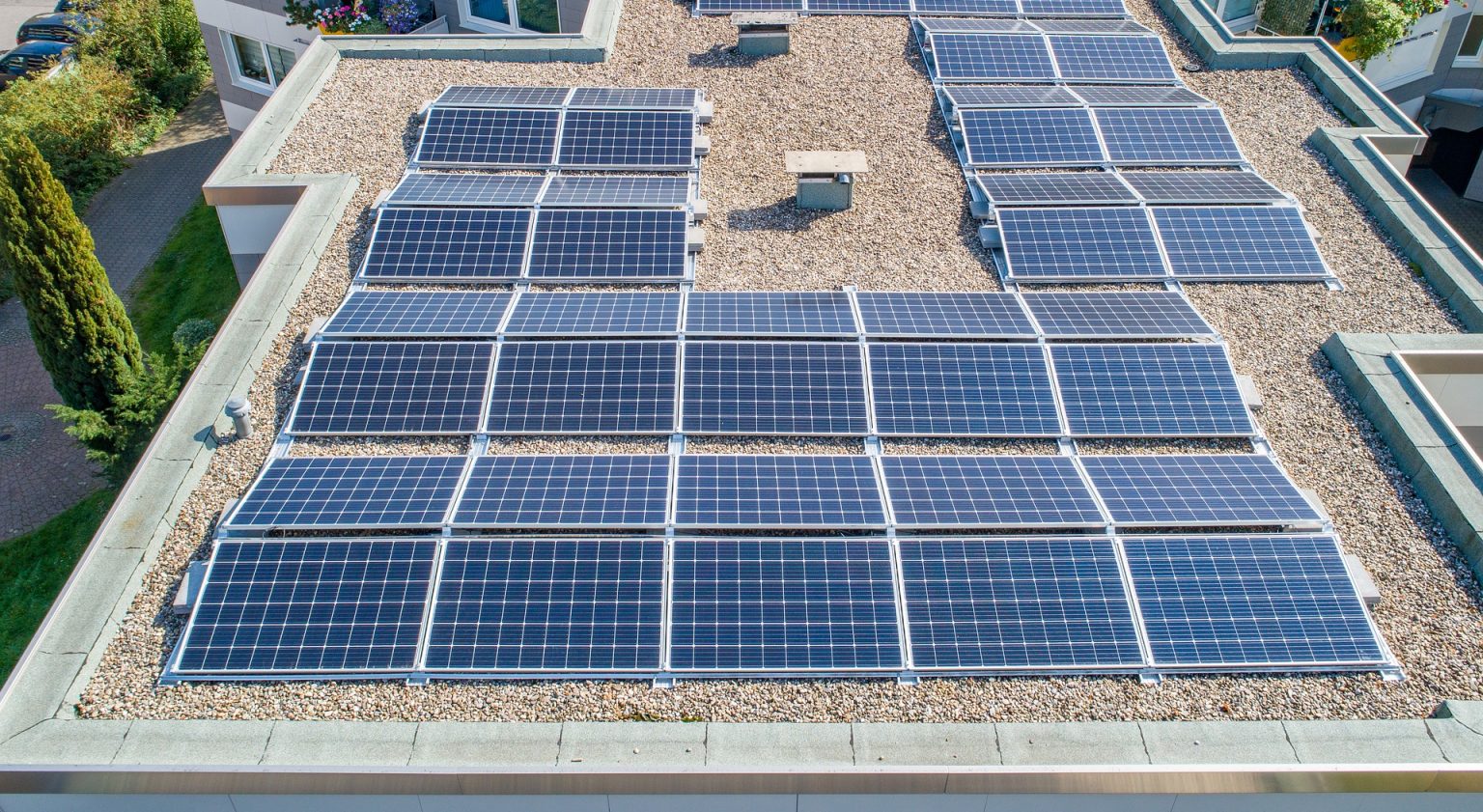
Prof. Dr. Odej Kao
Fellow
Fellow | BIFOLD
Full Professor for Computer Science | Distributed and Operating Systems group at Technische Universität Berlin
Chair | Einstein Center Digital Future
CIO | Technische Universität Berlin
| 1995 | DAAD Award for Study Achievements |
- Cloud Computing
- Big Data
- IT Management
- Resource Management
- AI-supported IT Operations
- HPC
- Chairman Deutsches Forschugnsnetz (DFN)
- State Advisory Board for Digitalization of the State of Berlin
- TPC Parallel Computing
- IEEE Transaction of Cloud Computing
- IEEE Computer
- IEEE Multimedia
Haci Ismail Aslan, Philipp Wiesner, Ping Xiong, Odej Kao
β-GNN: A Robust Ensemble Approach Against Graph Structure Perturbation
Philipp Wiesner, Ilja Behnke, Paul Kilian, Marvin Steinke, Odej Kao
Vessim: A Testbed for Carbon-Aware Applications and Systems
Philipp Wiesner, Ramin Khalili, Dennis Grinwald, Pratik Agrawal, Lauritz Thamsen, Odej Kao
FedZero: Leveraging Renewable Excess Energy in Federated Learning
Philipp Wiesner, Dominik Scheinert, Thorsten Wittkopp, Lauritz Thamsen, Odej Kao
Cucumber: Renewable-Aware Admission Control for Delay-Tolerant Cloud and Edge Workloads

Vessim - A Testbed for Sustainable Computing Systems
One approach to reduce the operational carbon emissions of datacenters is carbon-aware computing: aligning power demand with the availability of clean energy. However, common metrics for describing “clean” energy often oversimplify the complex nature of power grids and energy markets. To enable truly carbon-aware systems, visibility and control over the underlying energy system is needed. BIFOLD researchers developed an open-source simulation environment for research at the intersection of computing and energy systems.

Sustainable Federated Learning
Federated Learning is expected to further increase the power consumption of machine learning, which is already recognized as one of the most energy-intensive computational applications today. However, due to its distributed nature, Federated Learning also offers new opportunities to align this demand with the availability of green energy.

New open research positions
Join BIFOLD and collaborate with renowned experts on cutting-edge Machine Learning and Data Management research! Develop robust, trustworthy, and sustainable AI solutions with our team of international scientists.

Flexible adjustment of computing workloads could improve carbon footprint of data centers
To reduce their carbon footprint, more and more computing systems are connected to microgrids to gain direct access to renewable energy sources. However, the local availability of solar and wind energy is highly variable and requires consumers to timely adapt their consumption to the current supply. Researchers from the Berlin Institute for the Foundation of Learning and Data (BIFOLD) have developed a new admission control approach that accepts flexible workloads such as machine learning training jobs only if they can be computed relying solely on renewable excess energy.

Scheduling computing tasks can reduce emission
To reduce the carbon footprint of cloud computing, researchers from the Berlin Institute for the Foundation of Learning and Data (BIFOLD) investigated the potential of shifting delay-tolerant compute workloads, such as batch processing and machine learning jobs, to times where energy can be expected to be green. Their publication “Let’s Wait Awhile: How Temporal Workload Shifting Can Reduce Carbon Emissions in the Cloud,” was now accepted at Middleware’21.
TUB distributed and operating systems researchers will offer multiple presentations at IEEE Big Data 2020
Three papers by researchers of the Distributed and Operating Systems group at TU Berlin, led by BIFOLD Principal Investigator Prof. Dr. Odej Kao, have been accepted for presentation at the 2020 IEEE International Conference on Big Data (Big Data 2020) and related workshops. The Conference will take place from December 10 – 13, 2020.

